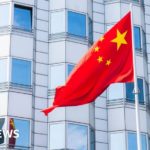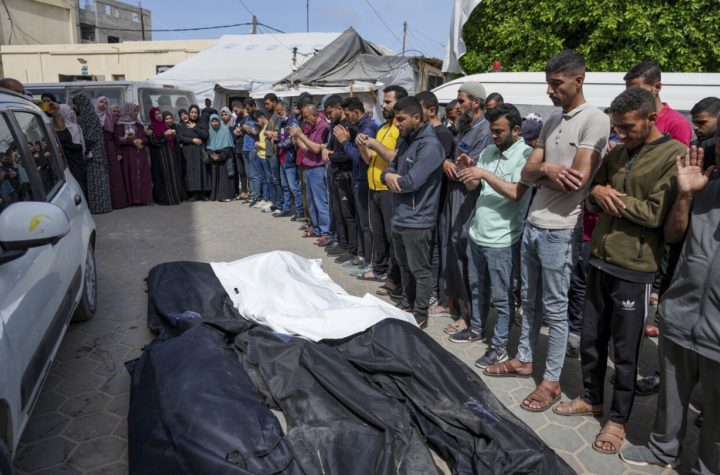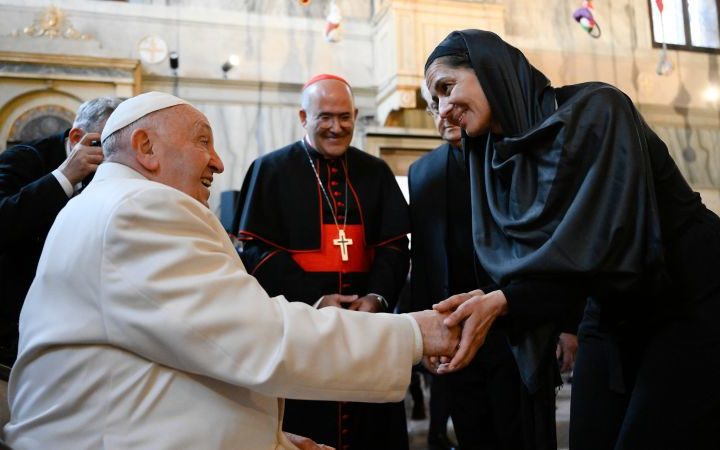Li served as premier under Xi for ten years until he was replaced by an Xi loyalist earlier this year. As prime minister, he was charged with the day-to-day running of the government and driving the economy, but was largely sidelined during his tenure as Xi concentrated power in himself.
Born in Anhui, one of China’s poorest provinces, where his father was a local official, Li was described by classmates and colleagues as a cautious political activist who quickly rose through the ranks of the Communist Party. He became the youngest official to govern a Chinese province when he became Party Secretary of Henan at the age of 47.
A technocrat aiming to reshape the Chinese economy around an emerging middle class and its emerging consumerism, Li was once considered Xi’s main rival for the top job. He rose to prominence through the Communist Youth League faction, which was the power base of Xi Jintao’s predecessor.
Li’s ties to pro-democracy activists at the university once gave observers hope that he would change China’s authoritarian regime from within. He studied economics at the elite Peking University in the 1980s at the height of a wave of openness and liberal thinking that ended with the crushing of pro-democracy protests in Beijing in 1989. Others believed he would push pro-market economic reforms. He studied under one of the most prominent proponents of privatization.
But that was not the case. Soon after becoming China’s No. 2 official, Li’s influence quickly diminished. In contrast to previous leaders who shared power – such as Hu Jintao and his Prime Minister Wen Jiabao – Xi assumed more control and turned to close allies to help manage economic affairs.
Even as he was sidelined, Lee came to symbolize dissatisfaction with the economy’s shift toward the state, as regulators cracked down on private industry. In 2020, as China’s economy suffered during the coronavirus outbreak, Li said in a speech that 600 million people in China earned less than $140 a month, comments that sparked anger over persistent inequality despite a government drive to eradicate poverty.
He was seen as subtly opposing the government’s strict policy of eliminating the coronavirus. During the pandemic, he called for “balancing” the fight against the virus while also developing the economy.
In 2020, during the outbreak, he called for a revival of the once-vibrant “hawker economy” of small street-side stalls that have been largely banned – Stimulate temporary recovery.
As Prime Minister, Lee’s economic policies became known as “leueconomics”. As Communist Party leader in Liaoning Province, an industrial hub in northern China, he rejected official measures in favor of his own measures based on rail freight volume, electricity consumption and bank loans, according to a State Department memo published by WikiLeaks.
In 2007, he told then-U.S. Ambassador Clark T. Randt that economic data published by the government was “unreliable,” according to the cable.
During a visit to Shenzhen last year to pay tribute to Deng Xiaoping, often seen as the architect of China’s market liberalization, he spoke of the “seismic changes” brought about by opening up to the world and declared that reforms must continue.
“China’s opening-up will continue to advance. The Yellow River and Yangtze River will not flow backwards,” he said.

“Infuriatingly humble alcohol fanatic. Unapologetic beer practitioner. Analyst.”








More Stories
A senior Qatari official urges Israel and Hamas to make more efforts to reach a ceasefire agreement
Venice Biennale: The Pope makes a historic visit and declares that “the world needs artists”
Germany is facing a wave of espionage threats from Russia and China